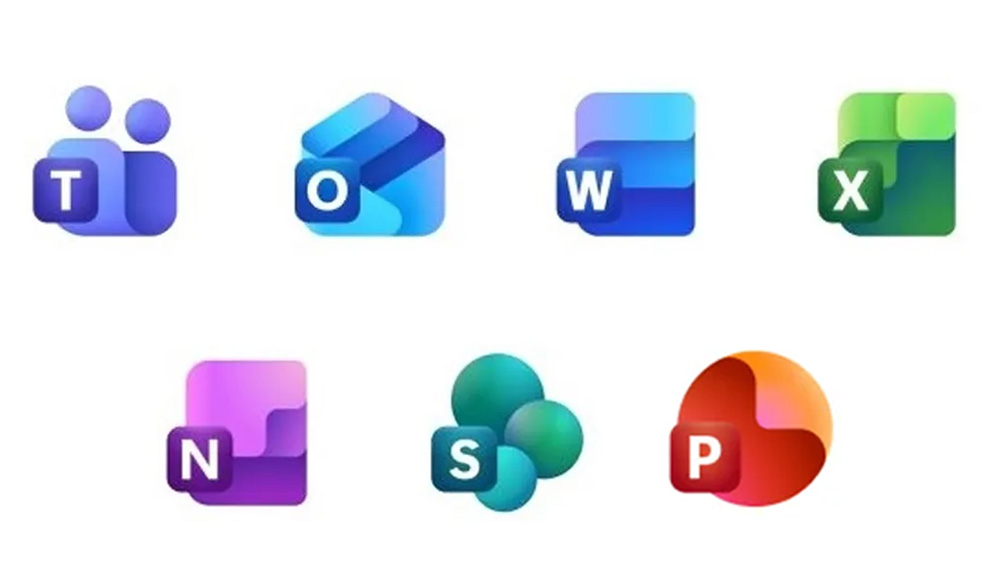Workhuman Leverages AI to Enhance Employee Recognition

Workhuman, an innovative technology company based in Ireland, has successfully generated a remarkable revenue stream of $1.2 billion by focusing on what its chief executive, Eric Mosley, describes as the core human need to be appreciated along with the equally important need to express gratitude. In an era where workplace dynamics are constantly evolving, this emphasis on recognition and appreciation has resonated powerfully, making Workhuman a key player in employee engagement.
However, in a somewhat ironic twist, the company is now turning to artificial intelligence (AI) to facilitate the delivery of feedback among staff members. Their social recognition platform allows users to publicly acknowledge their colleagues' hard work and achievements while also recommending appropriate rewards for their contributions. Last month, this platform received an upgrade powered by AI technology. With just a click on a pen icon, users can summon a virtual assistant that, although it may come across as slightly condescending at times, is designed to coach them in crafting more meaningful messages of recognition.
This new tool, named Human Intelligence, is part of a broader trend among social recognition and rewards platforms that are increasingly integrating AI capabilities. The aim is to refine user communication, point out potential language issues, and analyze the data generated by employees' emotional responses. This raises an intriguing question: can technology-enhanced emotional intelligence truly make individuals feel more valued in their workplace?
Workhuman is aware of the significance of maintaining a personal touch in recognition. Adam Basilio, the director of product strategy, emphasizes, We dont want an AI engine writing these recognition moments. We really want it to be human-generated, organic. He asserts that emotional resonance is essential when employees receive these messages of acknowledgment.
The human-centric approach remains a competitive advantage not just for Workhuman but also for its rivals, even as they implement more sophisticated software solutions. Earlier this year, the rewards platform Benifex stated that AI could personalize employee benefits and streamline human resources processes. Similarly, Bonusly, a company that facilitates perks reflecting peer recognition, has posited that human-centric skills, like collaboration and communication have become the new competitive advantage as AI takes on more mundane tasks.
Users of Workhumans platform, which includes esteemed organizations such as BP, Cisco, and LinkedIn, have the opportunity to exchange notes of praise for various rewards, including gift vouchers and merchandise. The incorporation of AI into the platform serves to enhance the accuracy of these rewards, ensuring they align with the appropriate levels of acknowledgment based on budgetary constraints set by the companies.
For managers, the crowdsourced data generated by AI offers substantial benefits. It can accurately identify mentors with relevant skills and highlight high-performers within the organization, aiding in retention strategies. Kerry Dryburgh, the executive vice-president for people and culture at BP, praised Workhumans software, describing it as a game-changer for facilitating continuous feedback, and she plans to adopt the new AI-driven tool.
According to Workhuman CEO Mosley, What really gets managers over the initial scepticism is when they start to see the data that comes out. With the introduction of Human Intelligence, managers can engage with what Mosley describes as the worlds first recognition-specific language model, which provides insights on effectively utilizing feedback.
However, Bruce Daisley, a consultant specializing in workplace culture and a former executive at Twitter, raises concerns about the potential risks associated with recognition software enhanced by AI. He acknowledges the advantages these gratitude tools offer but warns, We dont want to take the humanity out of heartfelt actions, and I think thats the danger.
The capacity of AI to exhibit empathy has been documented in recent research. A study led by Harvard Business School, published last month, investigated how teams utilized AI to enhance collaboration. Remarkably, it found that individuals with AI support reported positive emotional responses that matched or even surpassed those of teams without AI assistance. The study concluded that AI could fulfill a portion of the social and motivational roles traditionally provided by human teammates.
Workhuman employs an in-house language model that has been trained on millions of employee messages, building on top of existing open-source large language models. This means the AI can deliver shockingly accurate insights for managers, as Mosley puts it. Furthermore, he notes, with more data, the IQ of the AI gets higher, implying that the system will continue to improve over time.
While this innovation aims to eliminate the blandness often associated with HR communication, it has not completely eradicated instances of the AI assistant sounding patronizing. Common phrases include this is shaping up nicely or Wow! Youve just crafted a recognition moment that will leave a lasting impact. Ultimately, the effectiveness of this tool may hinge on the users themselves. Daisley aptly states, There are organizations where this is going to be incredibly helpful and others where unfortunately it becomes another part ofa performative bureaucracy.
























